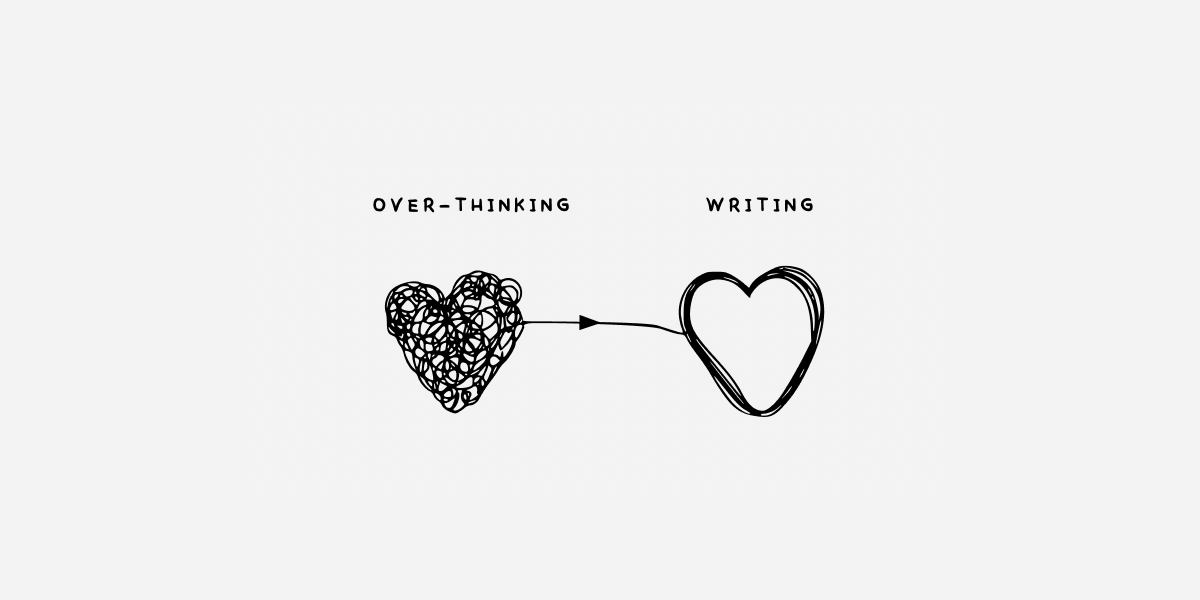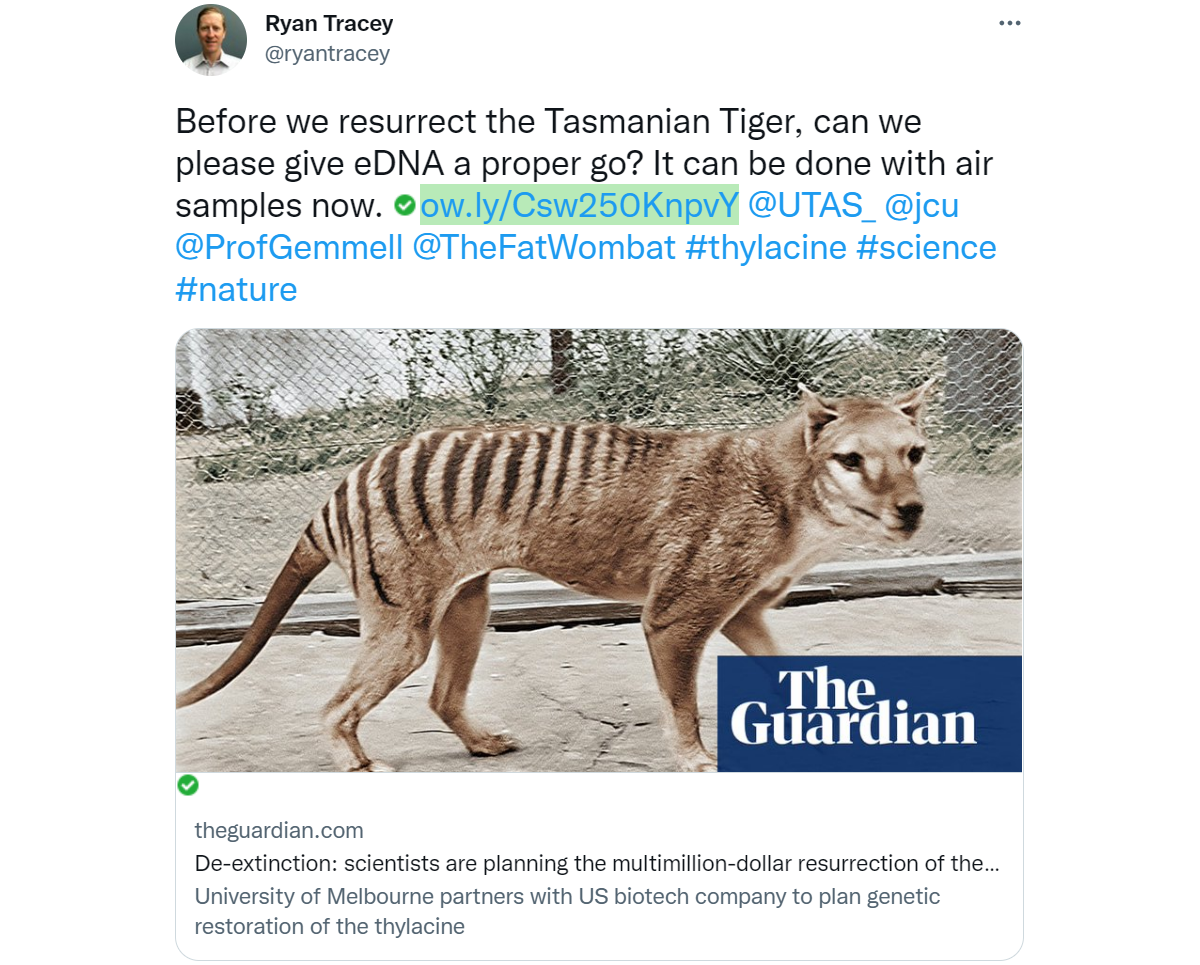As a blogger, I’ve been struggling.
Historically it has been a rewarding pastime for me – both personally and career wise – but it has also been challenging. It’s time consuming, it requires large doses of vulnerability, and on occasion the reaction from my fellow “professionals” has been downright unprofessional.
Combine that with some private matters and a dwindling readership, I’ve been wondering if it’s worth it any more.
Prior to posting I don’t know earlier this year, an illustration tweeted by Harsh Darji convinced me to give it another crack; and I felt passionately enough about transforming conventional digital training into blended learning experiences to follow it up with a potential last hurrah.
Which prompted me to wonder: What do I feel passionate about?
After ruminating over the question for a surprisingly long time, I’ve concluded that my passion is nature and its conservation.
I studied environmental biology at uni and got my first full-time job in water management, before the trajectory of my career thrusted me deep into the corporate realm. Which isn’t necessarily a bad thing, it’s just different.
After further pondering, I also recognised that I’m fascinated by cryptozoology. Not so much of the Bigfoot variety – although I do find that entertaining and sometimes informative, especially when the investigators employ cutting-edge technology; but rather more along the lines of whether the Tasmanian Tiger (Thylacinus cynocephalus) still exists on the Apple Isle or in pockets on the mainland, or whether big cats (Panthera spp.) roam the Australian countryside.
Having done a fair share of it myself, I can tell you that biological surveying is a tricky business. Traditional methods of identifying the various species that inhabit a given area – eg observation, tracking, scat analysis, cage trapping, motion-sensing photography – are a bit hit and miss, to be frank. To get a sense of the magnitude of the task, imagine trekking through the Amazon forest… you know jaguars live there, but you almost certainly won’t see one.
In that light, finding a cryptid is hard – otherwise they wouldn’t be cryptids. Even when video evidence is forthcoming, it’s infuriatingly inconclusive.
Which leads me to another interest: Environmental DNA. Abbreviated to eDNA, this term refers to the analysis of minute traces of organic matter in samples of soil, water and even air to identify the wildlife that’s present in the vicinity.
I consider eDNA a game changer, not only for cryptozoology but also for mainstream ecology. A case in point is the University of Otago’s search for the Loch Ness Monster. While this foray failed to find the fabled plesiosaur, it did showcase a novel approach to biological surveying that found evidence of a whopping 3,000 species in the water. Not only aquatic animals such as salmon, pike and eel, but also terrestrial animals such as rabbit, badger and vole (presumably because of rain washing detritus into the lake from the surrounding catchment).
I’m so enamoured by eDNA that I urge the scientific community to give it a proper go before we “resurrect” the Tasmanian Tiger via Jurassic Park-style genetic engineering.
I’d also be delighted to see it used in the hunt for big cats down under, if not to prove they exist, then to prove that they don’t.
Having said that, I realise eDNA is no magic bullet. Firstly, it’s a snapshot: for example, the University of Otago’s survey failed to identify animals such as seals and otters which are known to visit the loch. Then of course you have the politics of science to contend with: fuelled by anecdotes such as the one about the leopard scat sampled from a local zoo being identified as “dog” by a wary lab.
Despite its limitations, however, I contend that eDNA will revolutionise our study of biodiversity.

Lest I stray too far off topic, I’ll conclude by reaffirming what we already know about Learning & Development: we also benefit from the advancement of technology.
Amid the rise of virtual reality, artificial intelligence and the metaverse, what do you consider to be our game changer?


Hi Ryan,
Yes, please keep going. I enjoy reading your blogs. I don’t always comment, I Should.
I would love to see a Thylacine in the wild, however not in the zoo.
Ditto what Ivan said about keeping going. I too appreciate your blogs.
Thanks Ivan and Geoff, much appreciated.
Don’t stop writing mate! Love your work.
From the author of ‘The accidental Salesman’ hehe
Thank you Charles!
Hmmm. I like what you write. It’s intelligent, considered and thought provoking and if you decide to stop I’ll miss reading it.
But. Go chase that environmental leaning. I can hear it calling to you. I’ve learnt not to ignore those callings, they’re worth dropping all you have to chase them.
Love it, thanks Neil.
Hey Ryan, never stop writing! But I do feel the same at times. So I think I understand.
In terms of what is a game changer for L&D: my first thoughts are two things:
1. Influence – the age old chestnut of getting a seat at the table, or, perhaps better, building the table. I’ve just started an Analyst/Consultant Collective at work where we are working to build our own CoE. My hope is we support and learn from each other to develop a level of influence that will be hard to ignore and easy to value.
2. The second is what I am (re)learning from Guy Wallace on Twitter. (@guywwallace): in that there are fundamental principles of learning that seem to have been lost (ignored?) that need to be re-discovered (e.g. setting up a measurement system during the initial analysis of an intervention). A case in point, I just “allowed” some training that went against so many principles of learning simply due to timeframes. If I hold to the fundamentals, different, more effective conversations will be held and, expectantly, better outcomes will ensue.
Cheers Bill.
1. Build the table, awesome.
2a. Guy Wallace is the best.
2b. The conflict between business pressure and effective ID is an ongoing challenge. While we may lose some battles, we need to remain committed to winning the war.
Having nature as a passion is a painful passion to have. I understand you completely. We are fighting a very hard battle
Cheers Maria.
Please continue writing. I look forward to having my thinking challenged by you and learning from you. And thank you for taking the time to be vulnerable and to show yourself. While confident speaking I struggle to write well and need to be more courageous in that area.
Thank you for saying so, Irina!
I encourage you to just start writing. Leave writing “well” til later ;)